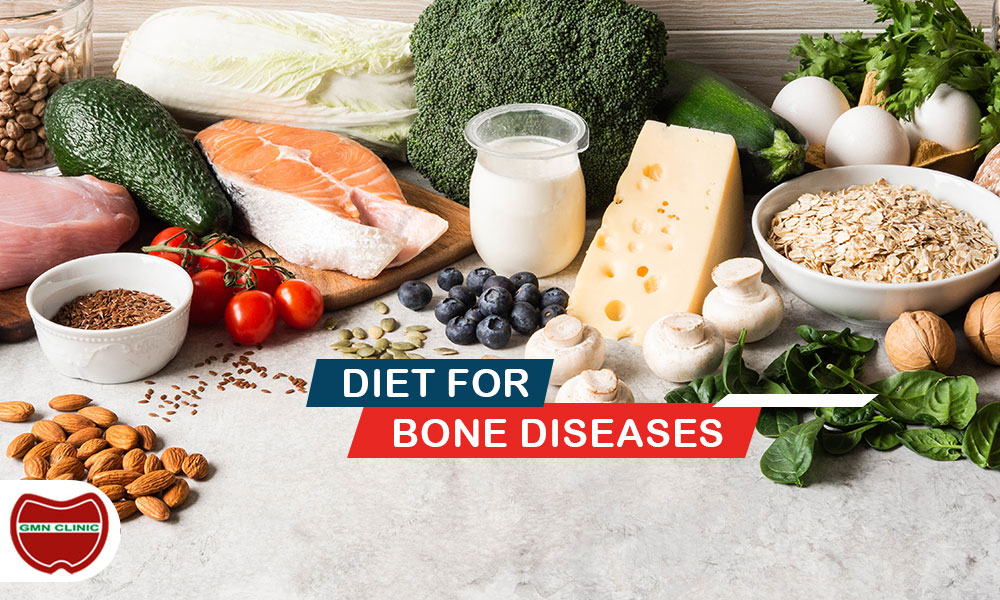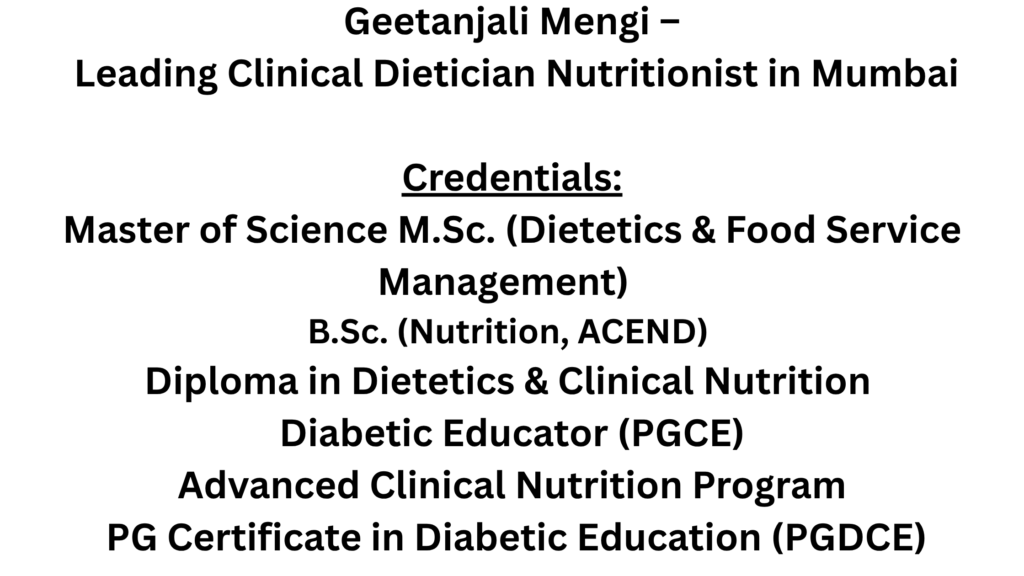Osteoporosis and Bone Dietician in Mumbai India
The food you eat has a far greater impact on your bones than you may realize. A diet rich in calcium, vitamin D, and essential nutrients plays a crucial role in building and maintaining strong bones. At Geetanjali Medical Nutrition Clinic, we provide expert diet guidance for bone diseases including osteoporosis, arthritis, and low bone density.
Our Bone Health Nutrition Program is designed to naturally strengthen your bones, reduce inflammation, and improve mobility—without relying on supplements or medications. We focus on balanced nutrition, lifestyle modifications, and long-term results that support your body’s ability to rebuild and protect bone tissue.
Under the guidance of Clinical Dietitian Geetanjali Ahuja Mengi, a renowned nutrition expert with over 20 years of experience, each plan is personalized to your health condition, medical reports, and lifestyle.
Whether you’re managing osteoporosis, recovering from a fracture, or aiming to prevent bone loss, Geetanjali Mengi’s evidence-based nutrition approach helps you restore balance, strength, and vitality—one meal at a time.

A balanced diet plays a very important role in building the bones. You can prevent bone diseases like osteoporosis by keeping your bones healthy. It might be a little bit tough to plan a perfect diet but not impossible. We at Geetanjali Medical Nutrition Clinic are here to provide you with our expert guidance with a balanced diet that supports your bone health. This is going to cover some dietary tips to keep your bones healthy. We will also discuss our health services to support long-term health.
Boost your bone health naturally with expert nutrition care at Geetanjali Clinic.

FEATURES OF OUR DESIGNED PROGRAM
Smart food and water reminders sent directly to your whatsapp which ensure your progress stays on track at all times.
Get exclusive access to a lifestyle journal and a premium diet essentials bag, setting you up for seamless healthy living.
Enjoy unlimited, immediate guidance from expert dieticians, no matter when or where support is needed.
Receive customized recommendations for physical activities, keeping you motivated and energized every day.
From Fast Diets to Party, Travel, Regional, and Festival Diets, our solutions cater to your unique needs, tastes, and schedules.
Benefit from regular, one-on-one check-ins every 10 days with a dedicated dietician to celebrate your wins and fine-tune your plan.
Join a vibrant social media forum packed with expert videos, blogs, and daily healthy living tips to inspire your journey.
Stay accountable and focused with real-time tracking by skilled junior dieticians.
Explore an ever-growing collection of delicious, diet-friendly recipes through online and offline videos, from timeless classics to the latest culinary trends.
Dietician reviews meal photo for personalized feedback and improvement.
Frequently Asked Questions (FAQs)- Bone Diet
A diet for bone diseases is a nutrition plan specially designed to support bone strength, slow or reverse loss of bone density, manage osteoporosis or other bone-related conditions, and reduce risk of fractures.
This diet is useful for conditions like osteoporosis, osteopenia, bone mineral density loss, bone weakening due to aging, and bone health support in arthritis or post-menopausal bone loss.
Because key nutrients (like calcium, vitamin D, magnesium, protein, vitamin K, omega-3, etc.) directly affect bone remodeling, strength, and repair. Without adequate nutrition, medications or therapies may not be fully effective.
Diet is a supportive therapy, not a standalone cure. It works best alongside medical management, medications, and lifestyle changes (exercise, sun exposure, fall prevention). Our diet plans complement your overall treatment.
- People diagnosed with low bone density / osteoporosis / osteopenia
- Individuals at high risk of bone loss (post-menopause, elderly)
- People recovering from fractures
- Anyone wanting preventive bone health measures
We assess your medical history, lab tests (if available), dietary preferences, allergies, current medications, lifestyle, and severity of bone disease. Based on that, we craft a plan that is both effective and practical for you.
While we can design a plan without tests, having lab values (calcium, vitamin D, PTH, kidney function) or DEXA, bone density reports helps us fine-tune your plan more accurately.
Contact is available via phone, WhatsApp, online appointments, and social media platforms
Ms. Geetanjali Mengi will consult you and all the follow-up will be taken by her.
Free Consultation – Start Your Wellness Journey Today
Book a complimentary, no-obligation phone consultation and discover how we can help you achieve your health goals. During this call, we will:
* Give you a clear overview of how our nutrition program works
* Understand your personal health goals and expectations
* Explain our pricing, packages, and payment options
* Clarify how insurance coverage may apply
* Help you choose the right practitioner for your needs
* Answer all your doubts and questions
* And guide you with anything else you may need
Take the first step toward a healthier, happier you—your free consultation awaits!
